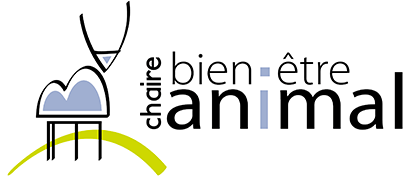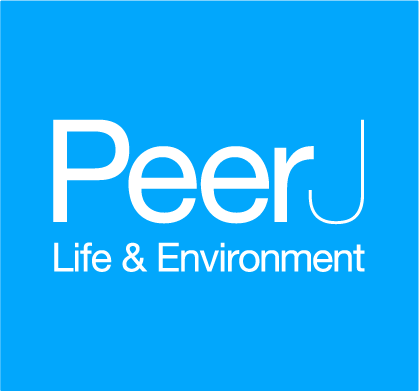Document type : Article published in The Grocer (U.K.)
Author: Helen Gilbert
Preview: Animal rights campaign group Animal Equality has penned an open letter to the UK and devolved governments calling for CCTV to be made mandatory in farmed fish processing plants.
The correspondence, signed by 25 international aquatic animal experts, is also demanding unannounced inspections across fish farms in Scotland, England, Wales and Northern Ireland.
Signatories to the open letter included Dr Jonathan Balcombe, associate editor of the Journal Animal Sentience and author of New York Times bestseller: What a Fish Knows, Dr Lynne Sneddon of the University of Gothenburg, and Professor Coulum Brown of Macquarie University and assistant editor of the Journal of Fish Biology.
The action follows an undercover investigation by the NGO into a Scottish salmon slaughterhouse and comes at a time of mounting concern from animal welfare groups over standards in aquaculture farms.
Its footage showed fish having their gills cut without prior stunning and being repeatedly and painfully clubbed, in one instance as many as seven times, Animal Equality said.
Recommendations made in the letter included:
- Making CCTV mandatory in farmed fish slaughterhouses, the introduction of impartial, third-party monitoring and the publication of all mortality data, inspection results and CCTV feeds - even for fish processed in private facilities - to be published centrally, publicly and immediately by the commissioning body
- Implementing consistency measures where a certain rate of failure in any welfare metric triggers machinery halts, requires the summoning of a vet and provokes an official inspection of the facility by a government official or neutral third party
- Holding aquatic animal slaughter facilities to the same legal standard as farmed land animal abattoirs, ensuring they are subject to unannounced inspections at least once a year by the Animal and Plant Health Agency, which is responsible for investigations on the welfare of farmed fish and introducing a system of license probation and revocation for non-compliance with welfare of animals at the time of killing (WATOK) laws.




